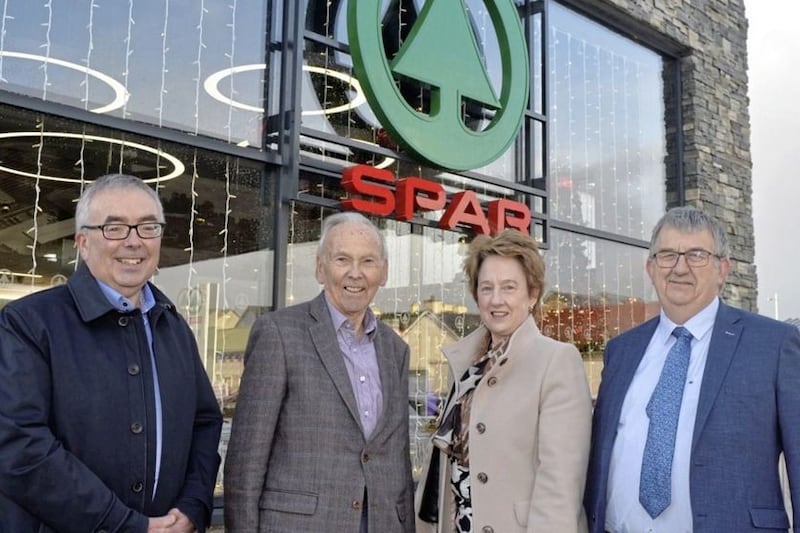“PIVOT”: an adjustment or modification made to adapt or improve . . .
This word has been used a lot over the last 15 months to describe how businesses are coping with the changes brought on from the Covid-19 pandemic. Not inventing the wheel, but having to embrace what we haven’t done previously.
Family businesses are generally thought of as risk-averse, traditional, and stagnant but we have seen exactly the opposite and are often a seedbed for innovation.
Harbinson Mulholland work with many of Northern Ireland’s home-grown family firms and in our experience, family ownership allows for tremendous flexibility in the redeployment of resources during rapidly changing circumstances. Typically, within the agile environment of a family business, decisions can be made and implemented quickly because owners are close to the coalface.
The onset of the pandemic forced many businesses to adapt their product offerings. From our recent all Ireland study with Dublin City University and Ulster University, we found family businesses responded to the pandemic in a variety of ways. Some diversified into new markets, while others launched new products
When the crisis took hold, one family business in our study found little demand to produce the clerical shirts and legal attire which they have specialised in for almost 100 years. They decided, almost overnight, to use their skills to help the health service, turning production over to making scrubs for front-line healthcare workers.
Most embraced new technologies to their benefit, a key hurdle amid external challenges. For many family firms the pandemic enabled positive, innovation change and new ways of doing things.
Leaders of family firms in our research referred to the pandemic as an “enabler” to upskill their teams and advance the business digitally. Interestingly, next-generation members viewed this as a major opportunity - prior to the pandemic many viewed their businesses as “behind” in terms of technology.
One recently appointed third-generation chief executive officer reported that before the pandemic: “Everything was in person.”
She continued: “We have set up an online team and are investing in improving our online offering. We are using Zoom/Teams to stay connected with our distributors and end consumers through webinar training programmes.”
This digital transformation has provided next generation members with an opportunity to spearhead new innovations within their family business.
We also found that the crisis acted as an enabler for next-generation members to spearhead new innovations and elicit digital change within the company, something which Tim Monroe, marketing director at Smiley Monroe, touched on in our recent “Not Accounted For” podcast.
As a global business headquartered in Lisburn, Tim shared with me how the pandemic helped accelerate their digital plans, which became ever more crucial with the opening of a new US operation in Kentucky in the midst of the pandemic, which is one of the firm’s biggest markets.
You can listen to the Smiley Monroe Podcast on our Spotify channel or on our Website Harbinson-mulholland.com
Especially during turbulent times, it is crucial for family businesses to pivot, adapt and embrace change and prioritising innovation is the key to unlocking post-crisis growth.
:: Darren McDowell is senior partner at Harbinson Mulholland (harbinson-mulholland.com)









